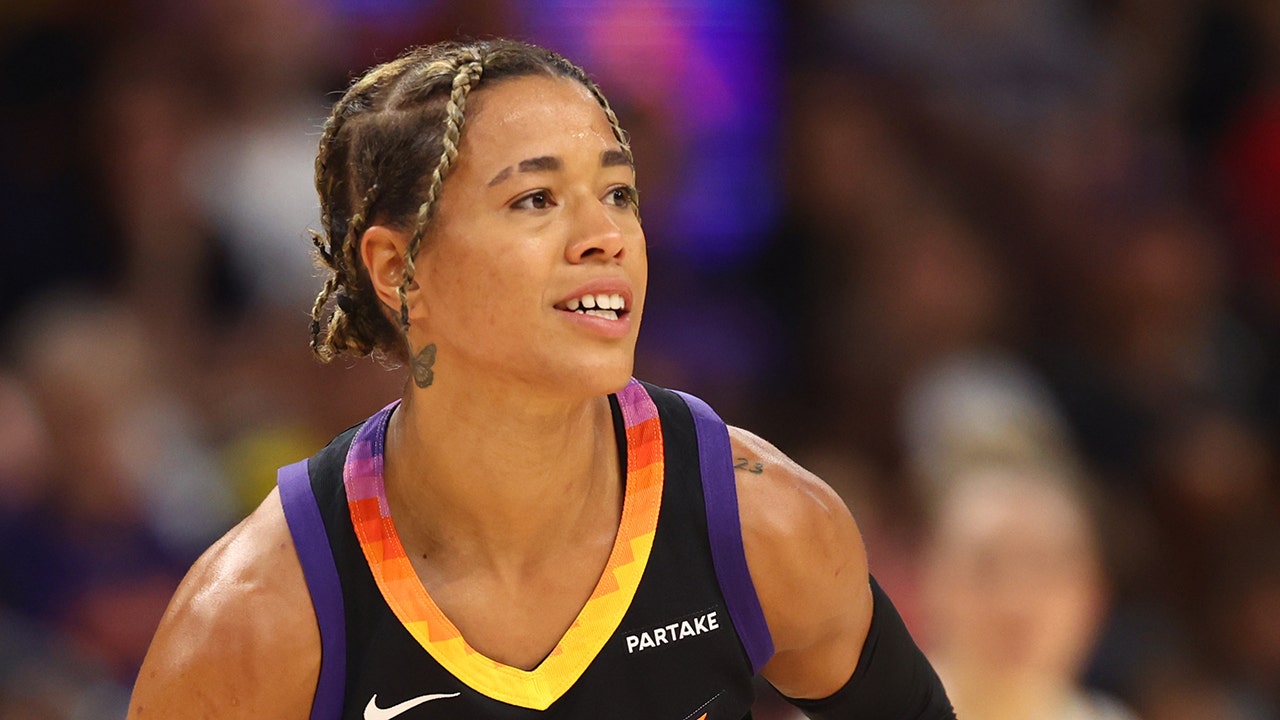While debate rages on about when the Federal Reserve might start cutting interest rates, biotech industry analysts are making the case that the argument for stocks in the sector is growing. The central bank has held rates steady since last July as it patiently waits for more signs that inflation is cooling. But a reading on consumer prices in March released Wednesday dampened hopes that policy is about to ease. The market’s expectations are now pinned on September rather than June or July, according to the CME Group’s FedWatch tool , a gauge of 30-day Fed Funds futures pricing. Last week, Morgan Stanley analysts noted that it is the months leading up to an initial rate cut when biotech stocks outperform. By contrast, the group actually tends to underperform in the initial period after rates are lowered, the Wall Street bank said. Indeed, the Nasdaq Biotechnology Index has risen about 14% since its October low. Morgan Stanley also believes the case for biotech stocks is further reinforced by the financing environment and the outlook for mergers and acquisitions as well as upcoming innovation. .NBI 6M mountain Nasdaq Biotechnology Index over the past six months “Assuming rates trend on a downward trajectory, new innovation delivers, and M & A continues, we see the potential for another cycle of sustained outperformance for the industry,” the analysts wrote. The case for M & A The brisk pace of M & A at the end of 2023 has continued in the first quarter. Needham tracked 13 biotech deals during the latest three-month period. Analyst Joseph Stringer said the pace of dealmaking was well above the quarterly average of 8.2 deals dating back to 2018. Stringer said buyers have been favoring companies with later-stage therapies in development, but more recent deals have included biotechs with earlier-stage treatments. That new trend suggests there may be a greater appetite for risk. “We think M & A activity will remain above average for the remainder of 2024 and skew more toward mid-stage target companies, with deal sizes in the $1-3B range and a particular focus on Oncology, Immunology, and Rare Disease,” Stringer said. He listed Phathom Pharmaceutical , Vaxcyte and Rhythm Pharmaceuticals as some of the companies he covers that are most likely to be acquired. PHAT 1Y mountain Phathom Pharmaceuticals shares over the past year. Through Tuesday’s close, Phathom shares have rallied more than 31% since the start of the year, but analysts surveyed by LSEG predict the stock could surge nearly 89%, based on the average Wall Street price target. The New Jersey-based company focused on gastrointestinal treatments recently received Food and Drug Administration approval of Voquenza for erosive esophagitis and associated heartburn. This is Phathom’s first product and it’s begun to market it directly to consumers via commercials and other advertising. Needham said Phathom might be able to expand the label for the drug to non-erosive forms of gastroesophageal reflux disease (GERD). Shares of Vaxcyte, which has been working on a pneumococcal vaccine, have gained 2% since January, as of Tuesday’s close. According to LSEG, analysts predict an average of 60% upside for the stock. RYTM 1Y mountain Rhythm shares over the past year. But Rhythm shares are down more than 6% year to date. LSEG said that all nine analysts that cover the stock rate it a strong buy or a buy, with the average price target equating to about 35% upside. The company has been working on Imcivree, a treatment for a hypothalamic obesity caused by damage to the hypothalamus. There are currently no treatments for the disease. Morgan Stanley expects oncology and immunology to be the focus areas for companies making acquisitions, while also anticipating that central nervous system and neuroscience will attract more attention in coming months. “Over the near-term within our U.S. biopharma coverage we note [Merck ] continues to have the combination of need to offset the Keytruda [loss of exclusivity] and meaningful balance sheet capacity …, and we see companies across the sector remaining focused on bolt-ons ( < $5bn),” Morgan Stanley wrote. The analysts said that although AbbVie , Bristol Myers Squibb and Pfizer have recently struck deals, the three continue to rank as among the most likely acquirers in the medium term. The case for innovation Morgan Stanley also favors owning biotech stocks that have a strong drug platform even if the key catalyst of clinical trial data and FDA approvals are farther out. Rhythm ranks among the stocks rated overweight that Morgan Stanley favors in this category. Other stocks it likes include Intellia Therapeutics , a leading genome editing company, and Rocket Pharmaceuticals , focused on gene therapies for rare disorders. “The historical performance data … indicate that companies with cash flows weighted to outer years (i.e., those further away from launches and revenues) typically outperform in low/declining rate environments…, which we believe makes sense as those cash flows are more sensitive to changes in discount rates,” the investment bank’s analysts wrote. —CNBC’s Michael Bloom contributed to this report.















































